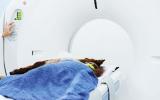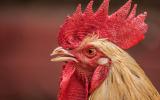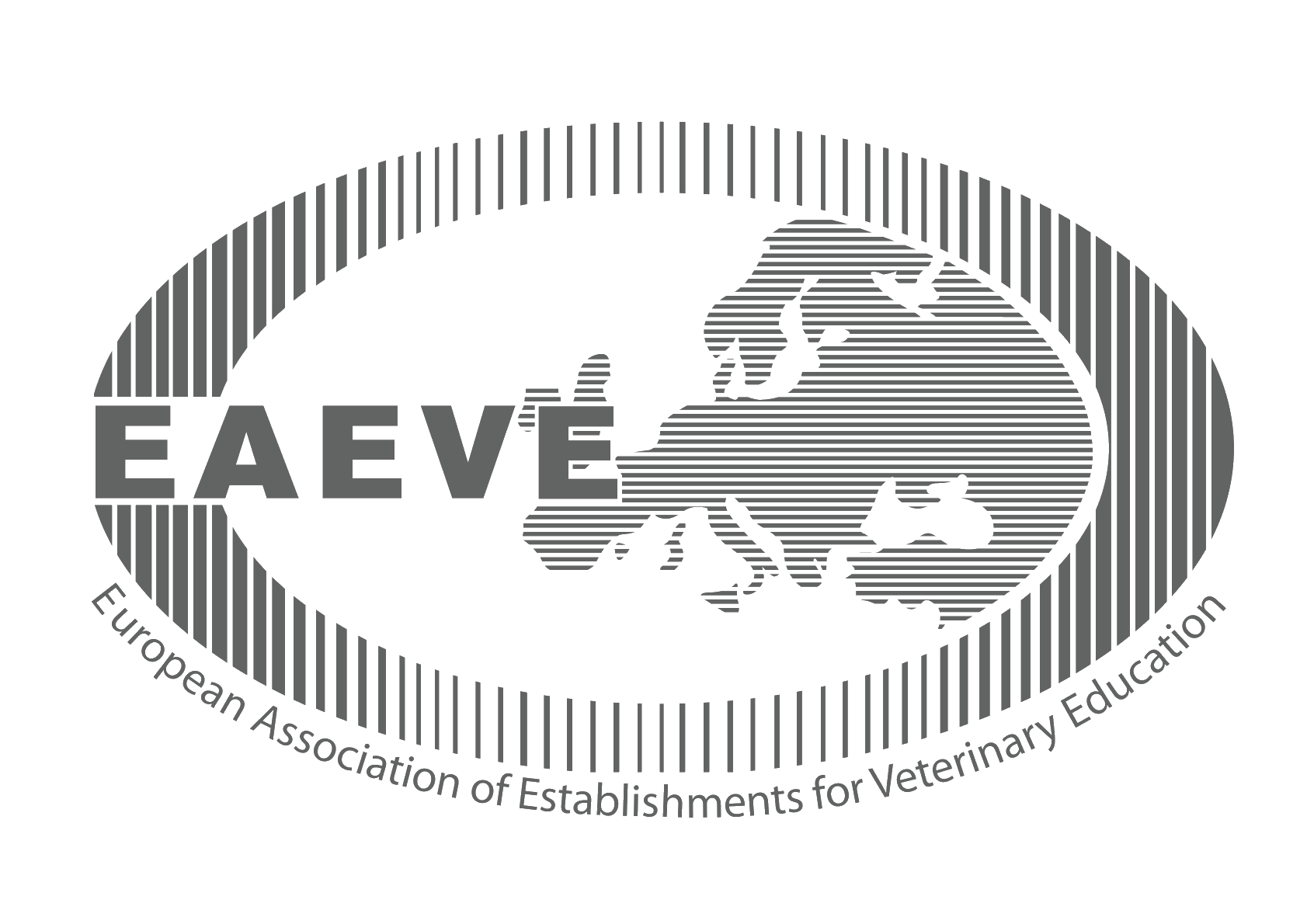The Unit for Pathology and Forensic and Administrative Veterinary Medicine, and the Unit for the Healthcare and Breeding of Wild Animals, Bees and Aquaculture, operate within the the Institute of Pathology, Wild Animals, Fish and Bees.
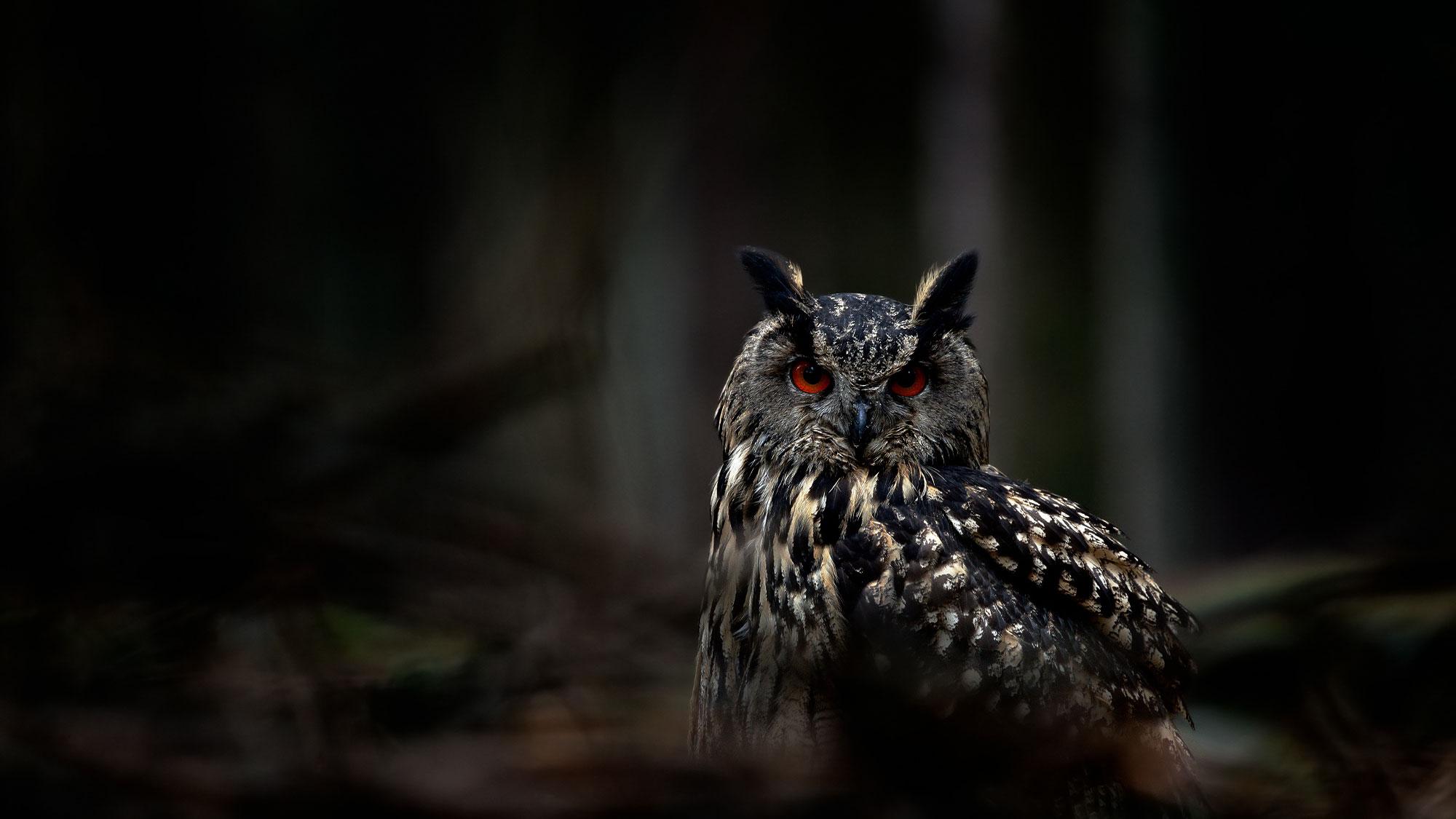
Institute of Pathology, Wild Animals, Fish And Bees
Departments
Department of Pathology, Forensic and Administrative Veterinary Medicine
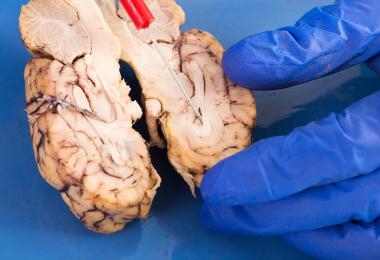
Pathoanatomical examinations
As part of its work the unit performs dissections of domestic, wild, exotic and laboratory animals, as well as pathoanatomical examinations of organs or parts of carcasses. Dissection is carried out on the order of the owners of animals, treating veterinarians, veterinary organisations, veterinary inspectors, the Veterinary Chamber and the police. Following a dissection, the pathologist issues a report, which includes the results of the examination and additional examinations (e.g. pathohistological examination, bacteriological examination, parasitological examination, virological examination, etc.).
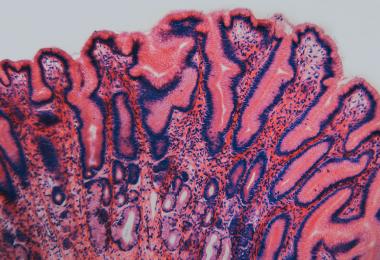
Pathohistological examinations
As part of its activity the unit conducts pathohistological examinations of samples of tissues and organs of different animal species. Pathologists examine the tissue or organs closely, both macroscopically and microscopically. Based on the findings, a report is issued on the investigations performed, which includes a detailed description of any changes, a final diagnosis and a comment.
The process of pathohistological diagnostics includes:
- macroscopic examination of specimens
- decalcification of mineralised samples
- production of paraffin blocks
- production of paraffin and frozen tissue slices,
- staining of tissue slices using various methods (hematoxylin and eosin, Schiff's reaction with periodic acid (PAS), toluidine, staining for evidence of lipids, iron and copper, Gram staining, etc.)
- histopathological examination of tissue slices
- immunohistochemical tests on paraffin and frozen tissue slices (e.g. basic immunohistochemical markers for cell origin, tumour markers, proliferation markers, prions, some bacterial and viral infectious agents, etc).
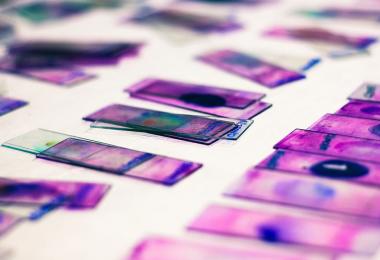
Cytological examinations
As part of its activity the unit carries out cytological examinations of smears of body fluids and thin-needle biopsies and imprints. Pathologists carefully examine the samples received, make evaluations and issue a report on the examinations conducted, which includes a detailed description of the sample, a final diagnosis and a comment.
The process of cytological diagnostics includes:
- macroscopic examination of specimens
- examining smears of body fluids
- staining of cytologic smears with different methods (Hemacolor®, Schiff's reaction with periodic acid (PAS), toluidine, staining for evidence of lipids, iron and copper staining, Gram staining, etc)
- cytological examination of samples
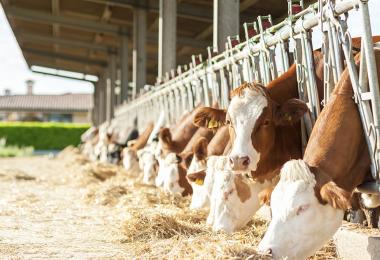
Diagnosis of transmissible spongiform encephalopathies
The Laboratory for Transmissible Spongiform Encephalopathies (TSE) performs sampling of spinal cord for rapid tests for the diagnosis of TSE in animals, rapid post-mortem tests for TSE in cattle, sheep and other animals, and pathomorphological and other diagnostic examinations of brains of animals with clinical neurological symptoms. As the National Reference Laboratory for TSEs, the laboratory performs confirmatory methods for the diagnosis of BSE and other animal TSEs, discriminatory tests to differentiate BSEs and other animal TSEs, and discriminatory tests to differentiate BSEs and TSEs in small animals. All methods used for BSE and TSE diagnostics are carried out in accordance with European regulations and are validated and accredited.
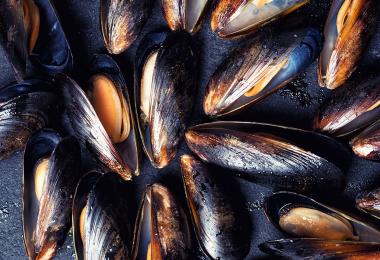
Diagnostics of shellfish diseases
The National Reference Laboratory for the Diagnosis of Shellfish Diseases operates within the EPSUV. It performs pathohistological diagnostics of the compulsorily notifiable parasitic diseases of bivalve molluscs (marteiliosis and bonamiosis).

Forensic toxicology and ecotoxicology
The Laboratory for Forensic Toxicology and Ecotoxicology develops and implements chemical analysis methods for the purposes of animal forensics and for the determination of residues of veterinary medicinal products, chemical agents of hormonal disorders and other pollutants in biological and environmental matrices.
Department of Breeding and Healthcare of Wild Animals, Bees and Aquaculture
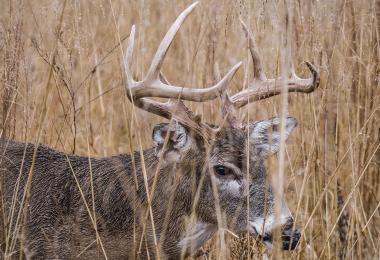
Healthcare of Wild Animals
The unit carries out activities related to the healthcare of animals in pens, implementation and cooperation in the monitoring of the presence of antibodies against classical swine fever, African swine fever and rabies, implementation and cooperation in the monitoring of the presence of tuberculosis agents and genotyping and identification of various pathogens in different species of wildlife. It cooperates with breeders of game and the Association of Breeders of Deer and Other Wildlife, the Slovenian Hunting Association, the Slovenian Forestry Institute, the Department of Biology at the Biotechnical Faculty, the Faculty of Medicine, the National Institute for Public Health, the Administration for Food Safety, Veterinary and Plant Protection, the Ministry of Agriculture, Forestry and Food and with the Ministry of the Environment and Spatial Planning.
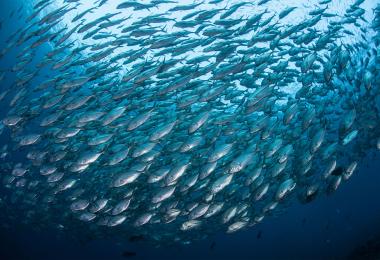
Healthcare of fish
The activities carried out at this unit, as part of the healthcare of fish, are dissections of fish, bivalve molluscs and crustaceans, microscopic examinations of tissues of fish, bivalve molluscs and crustaceans, production of opinions and reports based on laboratory tests on aquatic animals in other laboratories, and other diagnostic, developmental, research and professional work in an aquatic laboratory equipped with live fish.
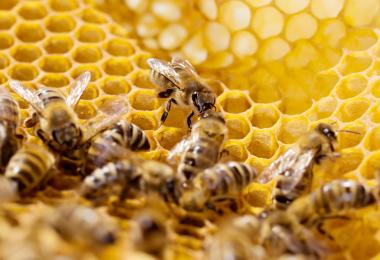
Healthcare of bees
The activities carried out at the unit include diagnostic tests of specimens for nosema apis, acariosis, varroosis of bee colonies, implementation of comprehensive field healthcare of bees in the central Slovenia region on the basis of the National Veterinary Institute (NVI) concession contract. The contract includes the issuance of bee medicines, carrying out investigations for small hive beetles at selected beekeepers in the field, as well as the prescribed investigations in queen bee breeding establishments under the ordinance, implementation of measures based on the decree on the implementation of measures in the field of beekeeping, monitoring the spread of new diseases and pests of bees such as tropilelosis, small hive beetle and Asian hornet. In addition, the unit educates beekeepers and provides expert advice, coordinates the work of the working group of bee veterinarians at all NVI units, and participates in several working groups and at the Council for Beekeeping within the Ministry of Agriculture, Forestry and Food.
Contacts and Working Hours
Gerbičeva 60
1000 Ljubljana
Department of Pathology, Forensic and Administrative Veterinary Medicine
Tel.:: +386 (0)1 4779 155
Fax:: +386 (0)1 28 34 091
Email: stanka.galuf@vf.uni-lj.si
| Monday-Friday | 7am-3pm | EPSUV |
| Monday-Friday | 3pm-6pm | Sample Reception |
| Saturdays | 7am-11am | Sample Reception |
Laboratory for Transmissible Spongiform Encephalopathies
Tel.: +386 (0)1 4779 360
Faks: +386 (0)1 4779 361
Laboratory for Pathoanatomical and Pathohistological Examinations
Tel.: +386 (0)1 4779 155
| Monday-Friday | 7am-3pm |
Outside of working hours, samples for pathohistological and cytological examination can be submitted at the Sample reception, Gerbičeva 60, Ljubljana.

